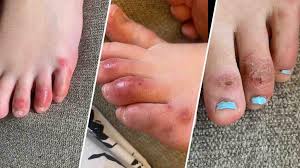
Saturday May 16, 2020 ~ VICTORIA, BC
by Mary Brooke, B.Sc. ~ West Shore Voice News
A condition recently named by the World Health Organization as Multisystem Inflammatory Syndrome in Children (MISC) is being increasingly seen in children who have been infected with COVID-19.
The MISC condition which — if it does develop in children — seems to follow COVID-19 infection. So far (as of yesterday) the syndrome has not been seen in British Columbia, said Provincial Health Officer Dr Bonnie Henry today May 16. She addressed this health concern in response to a question from West Shore Voice News during her media briefing livestreamed from Victoria today.
Profile of COVID-19 in children in BC:
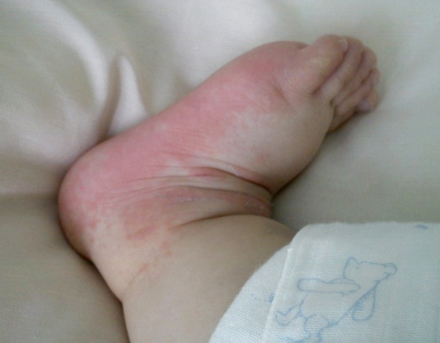
In BC, the number of children who have been infected with COVID-19 is 69, said Dr Henry: 24 cases in children under the age of 10, and 45 cases in the 10 to 19 age group.
As for hospitalizations of children infected with COVID-19 in BC, there have been two hospitalizations under age 10, and of one youth in the 10 to 19 age group.
In BC there have been no ICU admissions of children due to COVID-19, and no deaths, she said.
Cardiovascular symptoms of MISC similar to Kawasaki Disease:
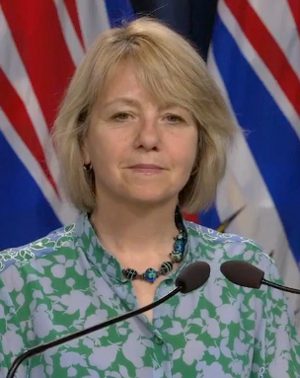
MISC is “very similar to Kowaski’s which has been around for a long time”, said Dr Henry today.
Dr Henry said Kawasaki disease is a “post-infectious inflammation that we know has been triggered by other viruses and other infections in children”.
Kawasaki disease is the cause of coronary heart disease in children which may be permanent. Kawasaki disease can strike young babies; misdiagnosis leads to problems in adult life.
The newly named MISC is seen mostly in children of school age, says Dr Henry, while Kawasaki is more often in children under the age of 5 years. She explained that the new MISC condition causes inflammation of the blood vessels in children, saying “the most concerning things are a rash from smaller blood vessels and inflammation of blood vessels around the heart that can be very serious.”
Dr Henry readily rattled off some case incidences of MISC including 100 cases in New York City (with deaths occurring in three children ages 5, 7 and 18). She says the syndrome has been seen during the COVID-19 pandemic in 19 states in the USA.
Physicians in BC on alert for MISC:
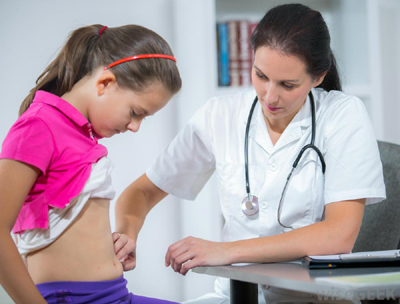
“As of yesterday there were no COVID-positive children who had this syndrome,” said the Provincial Health Officer, though “we do see Kawasaki all the time… it’s very rare but it’s seen on an ongoing basis”.
But there have likely been some instances of MISC or Kawasaki symptoms in BC “in the past couple of weeks”, with low or minimal impact, said Dr Henry today. She has “put out an alert to physicians to watch for this”, but reiterated that the condition not been seen in anyone in BC who is COVID-positive.
The MISC-COVID link:

“Some cases in Montreal may be linked and there have been reports in the UK as well,” says Dr Henry about the inflammatory condition as possibly related to cases of COVID-19 infection in children.
“It’s a relatively rare syndrome still. Not all have tested positive for COVID-19. A good portion of them did. It could be associated with this infection. It’s one of those things that comes after (COVID)… after the child has appeared to have recovered and it’s part of the body’s responses caused by the virus which leads to this syndrome,” said Dr Henry today.
“We don’t know a whole lot about it. We’re watching carefully for this syndrome associated with children who do have COVID,” she concluded on that aspect.
Listen to the full statement on MISC and COVID by Dr Henry on May 16 (starts just after 36 minutes at this link).
Children getting and spreading COVID:
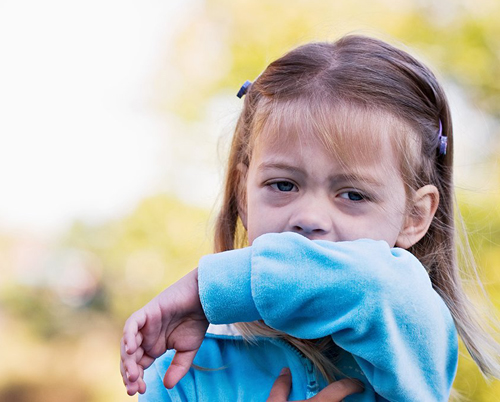
As for infection with the COVID-19 coronavirus itself, Dr Henry says children are “less likely to get infected with it, and less likely have severe illness”, compared to adults.
“The rate of children getting COVID-19 around the world is less (than for adults); it’s less than two percent of all the cases here,” said Dr Henry as to the impact of the virus on children compared to adults.
“This disease still has less impact on children which is good,” she said, saying that children are society’s “precious commodity for the future”, and that it’s important “to protect our children”.
But as a matter of reassurance as parents make decisions about sending their children back to school starting June 1 under the Restart BC plan (Phase 2 of which begins next week on Tuesday May 19), Dr Henry says: “Children are less likely to get infected from an adult, than an adult will be infected from the child.”
Watching for COVID-19 in schools:
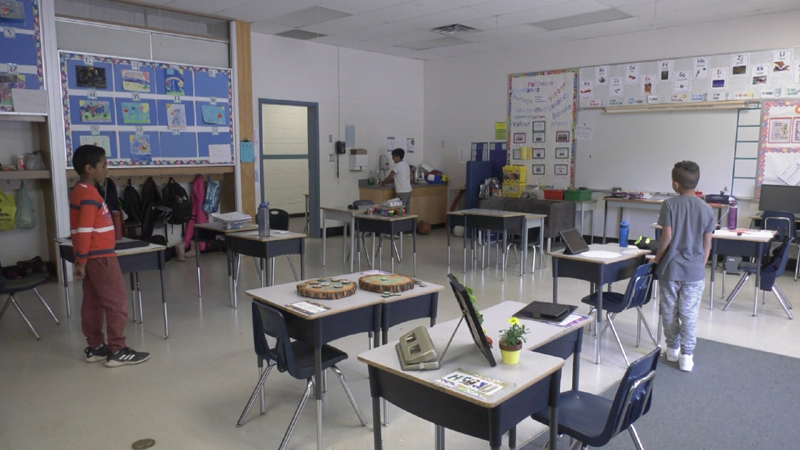
“We are continuing to watch this. It’s one of the important things in every school – to have a plan if a child becomes ill in that facility,” said Dr Henry. “We in public health will be watching that very carefully.” She says there will be an appropriate plan to support the situation. The child will be taken home immediately, testing of contacts will be done immediately, and there will be support for the entire community. “That’s part of our plan for June,” she concluded.
In-class attendance at K-12 schools in BC starts June 1, as part of Phase 3 in the Government’s Restart BC plan (issued May 6, updated May 15).
===== About the writer
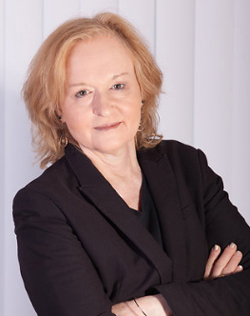
West Shore Voice News editor Mary Brooke, B.Sc. has been covering the many aspects of COVID-19 news on a daily basis throughout the pandemic.
==== BACK TO SCHOOL
Phase 2 of Restart BC is here now, mid-May:
Phase 2 runs May 19 to 31. School districts and teachers are preparing for a non-mandatory part-time return to classrooms that will start June 1 in Phase 3.
Over these next two weeks, people will be getting back out into more regularly activity and taking part in the reopening of some of the economic sectors that were ordered closed (or effectively made to close due to physical distancing requirements) during the pandemic. That is being guided in BC by the Restart BC framework as launched May 6 (updated May 15).
We’ve been in Phase 1 of the COVID-19 pandemic during the last two months in BC, with only essential services operating and people otherwise advised to self-isolate at home (and do physical distancing if making essential trips for groceries or other situations). Phase 1 included schools providing in-class learning for the children of essential workers.
Provincial parks were first re-opened earlier this week (for day use only) on May 14 as a prelude to Phase 2. That has given a bit of wiggle room for families were are itching for a day-outing in a park setting on this May long weekend. But otherwise people have been strongly reminded not to travel beyond their local neighbourhood or area this weekend, so as not to strain health care and community resources (recognizing the ever-recurring 14-day incubation period at each stage of re-opening).
The full Phase 2 of Restart BC — which for most people will seem like the first real steps toward the new normal — starts on Tuesday May 19 after the May long weekend, and will run through the rest of this month. The retail sector, personal service establishments, dental offices, restaurants, offices, sports, and other sectors will be allowed to operate under enhanced protocols.
Phase 3 includes K-12 trial run in June:
Phase 3 of Restart BC is set for June to September if transmission rates remain low or in decline.
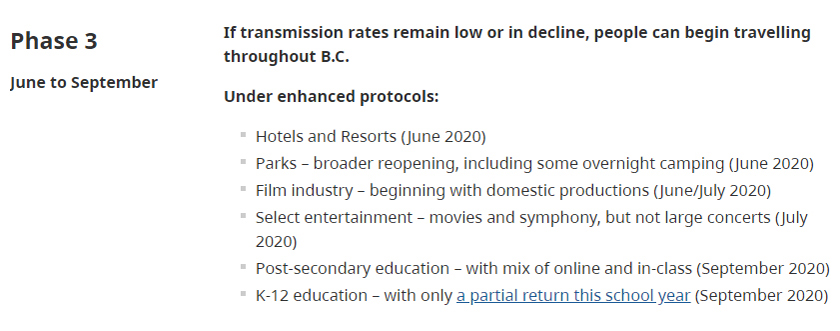
That includes a voluntary and restricted return of students to classrooms. Children in grades K to 5 will attend about two to three days per week, and youth in grades 6 to 12 may attend up to 20% of the school week (approximately one day) with the rest of learning being done remotely and online. There will be staggered arrival/departure, recess/lunch, and regular hand washing.
Phase 3 for all of K-12 includes launching an active academic year in September 2020 comprised of “a partial return to school” in September, according to the Restart BC documentation.
Phase 3 (June through September) will see more activity in communities and the economy, which could allow opportunities for enhanced community spread of COVID-19, mixed in with the seasonal return of influenza and other respiratory illnesses.
With enhanced protocols, Phase 3 will include increased operation of hotels and resorts and some broader park operations including some overnight camping (June), film industry domestic productions can get rolling (June/July), movies and symphony but not large concerts can happen (starting July), and post-secondary can get rolling with a mix of online and in-class (September).


